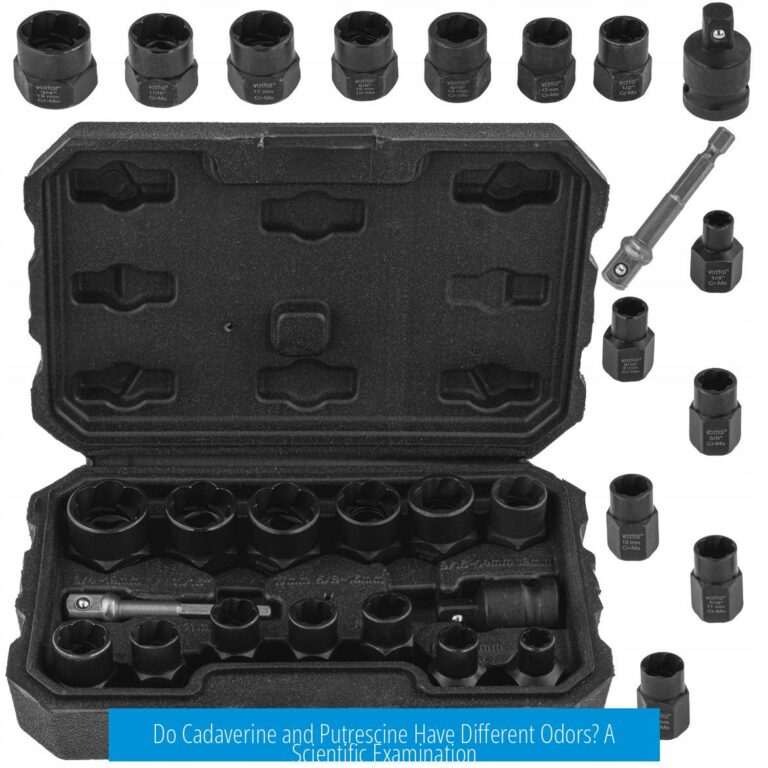Can Acetaminophen Tablets Absorb THC?
Acetaminophen tablets do not absorb THC in any meaningful or psychoactive way. Though some physical contact might allow minimal transfer of THC oil onto tablets under specific conditions, acetaminophen’s chemical properties prevent it from absorbing THC effectively. The likelihood of experiencing effects from THC contaminating acetaminophen tablets is extremely low. This article examines the chemical, physical, and practical aspects of this question.
Physical Absorption: Conditions and Tablet Formulation
THC is typically administered as an oil, such as in cannabis gummies. Gummies may be either sprayed with THC oil or fully infused. When gummies are sprayed, there is a possibility that the THC oil coating could spread onto other items stored alongside them. Heat and humidity can cause gummies to “sweat,” releasing some THC oil to nearby surfaces.
| Factor | Effect on THC Transfer |
|---|---|
| Sprayed vs Infused Gummies | Sprayed gummies more likely to transfer oil physically. |
| Environmental Heat | Heat causes sweating, increasing chance of THC oil transfer. |
| Tablet Type | Pressed tablets may absorb oils; coated/gelled tablets less likely. |
If acetaminophen tablets are in their dry, pressed form, they might absorb some THC oil physically, much like any dry powder could absorb oil. However, the amount would be minimal and likely insufficient to induce any effect.
Chemical Properties: Why Acetaminophen Won’t Chemically Absorb THC
THC is nonpolar and lipophilic (fat-loving). Acetaminophen is a polar molecule due to the hydroxyl and amide functional groups. Polar substances generally do not dissolve or absorb nonpolar compounds well. This intrinsic polarity mismatch discourages chemical absorption of THC into acetaminophen tablets. Any minimal physical absorption of THC oil would be surface-level and not a true chemical incorporation. Additionally, acetaminophen tablets sometimes contain excipients that may be nonpolar, which could slightly increase affinity for THC oil. Even so, this is unlikely to result in clinically or psychoactively relevant THC absorption.
Biochemical Interactions Between Acetaminophen and THC
There are no reported significant drug interactions between acetaminophen and THC. The U.S. Food and Drug Administration (FDA) does not list known adverse interactions. Acetaminophen’s metabolite AM404 affects endocannabinoid reuptake, but this is distinct from directly absorbing THC. Some studies note that acetaminophen can interfere with certain drug assay tests, possibly binding weakly to THC detection reagents, but this should not be confused with actual THC absorption by the tablet.
Probability of Experiencing THC Effects from Contaminated Acetaminophen
To experience psychoactive effects, a full or partial dose of THC must be ingested. Even if some THC were physically absorbed onto the tablet, the amount would be negligible compared to a typical dose. Logical reasoning and anecdotal skepticism argue against THC vapor or oil transferring onto other substances in psychoactive amounts. This is consistent with current pharmaceutical and clinical knowledge. Users should remain cautious about potential cross-contamination but not expect significant drug effects from accidental contact.
Experimental Considerations and Testing
To verify any absorption, controlled testing is suggested:
- Conduct double-blind tests with placebos to measure subjective effects.
- Analyze tablet samples whenever possible using chromatography or mass spectrometry to detect THC presence.
- Note tolerance levels and dosage of initial THC source gummies for context.
Such tests would clarify whether acetaminophen tablets retain THC or simply have trace contamination.
Key Takeaways
- Physical absorption of THC oil by acetaminophen tablets is possible but minimal.
- Acetaminophen’s polar nature prevents significant chemical absorption of nonpolar THC.
- No known drug interactions or psychoactive effects arise from acetaminophen-THC contact.
- Environmental heat and gummy formulation influence physical THC transfer likelihood.
- Double-blind testing and chemical analysis are needed for definitive conclusions.
- Users should avoid storing THC products with medications to prevent contamination.
Conclusion
Although acetaminophen tablets can theoretically absorb trace amounts of THC oil through environmental factors and physical contact, actual chemical absorption is highly unlikely. The transfer of enough THC to cause psychoactive effects or drug interactions does not occur based on current evidence. Careful storage and handling can prevent any physical contamination. Additional experiments and testing could provide further insight but mainstream science and regulatory information do not support concerns about acetaminophen tablets absorbing THC in a way that affects their pharmacological properties or user experience. Can acetaminophen tablets absorb THC from sprayed gummies?
Acetaminophen tablets may physically absorb some THC oil if gummies were sprayed and conditions caused “sweating.” However, acetaminophen itself is polar and unlikely to chemically absorb THC.
Is it possible for acetaminophen to bind THC and cause psychoactive effects?
The chance of acetaminophen binding enough THC to cause psychoactive effects is extremely low. THC does not easily transfer in significant amounts to tablets.
Could acetaminophen interfere with THC drug tests?
Acetaminophen may interfere with drug test assays, possibly due to its metabolites, but no direct binding or drug interaction with THC is established by the FDA.
Does the tablet form affect its ability to absorb THC?
Tablet formulation matters. Pressed or gelled tablets might absorb oils differently, but acetaminophen’s chemical properties limit THC absorption regardless of form.
How can one test if acetaminophen tablets absorb THC?
Controlled experiments like double-blind tests with placebos are recommended to check for effects. Real absorption and psychoactive transfer remain doubtful without such tests.





Leave a Comment